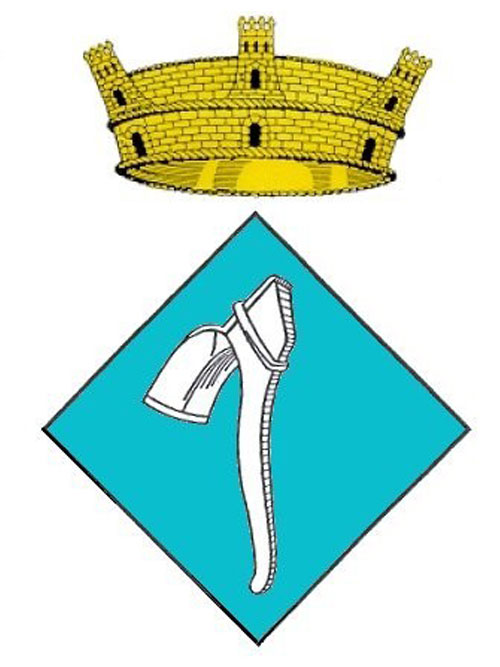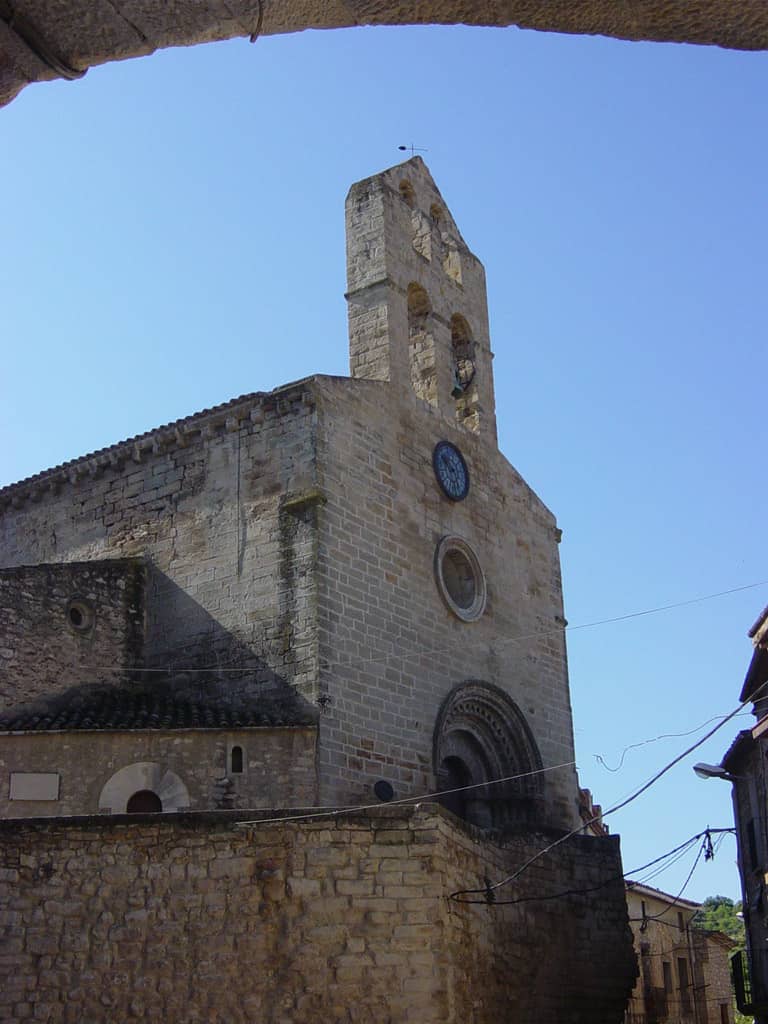-
Plaça dels Arbres, 2
25440 Vinaixa - 973 17 57 22
- 973 17 53 07
- ajuntament@vinaixa.cat
- https://www.vinaixa.cat/
With 465 inhabitants (2022), Vinaixa’s main activity is agriculture, its extra-virgin olive oil is remarkable. The stone industry is second most important part of the local economy.
The village was granted a charter in 1151 by Ramon Berenguer IV. In 1301 the Sant Joan Baptista church was built in Romanesque style, with strong Cistercian influences. This church is home to several Gothic paintings, special features of which have earned the church the designation as a historical-artistic monument. In 2017 it was declared a Cultural Property of National Interest. In 2018, it celebrated its 700th anniversary.
Castell de Vinaixa (castle), located on Carrer del Calvari, is an ancient Arabian tower from the 8th century with castle honours. The village once known as Beni-Aixa was built around this fortress, and the modern name Vinaixa derives from it. The Casa de Poblet, formerly owned by the Poblet priests, still preserves the seal of Abbot Copons on the archway.
The Sant Bonifaci hermitage is 6 km away. Every year on the first Sunday of May a gathering is held here with sardane ballad, mass and popular paella. The spring festivities are celebrated here on the last weekend of April. The summer festival is on the last weekend of August. In March, the Oil and Stone Fair takes place.





